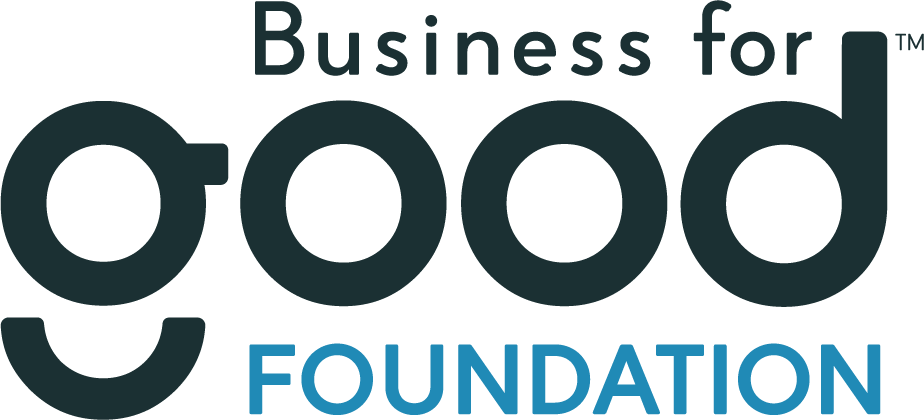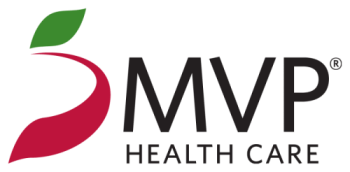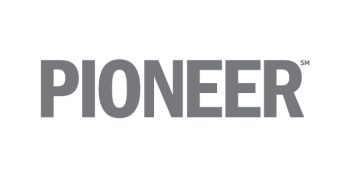News
September 5, 2019Capital Region BOCES-Business Partnership Addresses National Worker Shortage
 With 2.4 million skilled manufacturing jobs projected to go unfilled in the U.S. in the next decade, it’s more imperative than ever that schools prepare students for the demands of the workplace.
With 2.4 million skilled manufacturing jobs projected to go unfilled in the U.S. in the next decade, it’s more imperative than ever that schools prepare students for the demands of the workplace.
At Capital Region BOCES – where classes begin today – preparing students for those careers – and many others – is job number one.
A report by the Deloitte and The Manufacturing Institute — the social impact arm of the National Association of Manufacturers (NAM) – found the combination of an aging and retiring workforce and a growing demand for products to be manufactured inside the U.S. is leading to more job openings than workers available. This shortfall will have a detrimental impact, the report found, on the U.S. economy.
“Anytime I can meet a young kid interested in manufacturing … it’s fantastic,” said Tony Leone of Schenectady Manufacturer Package One Industries.
Fellow Schenectady manufacturer said Patrick Belletti, co-owner of Ren Tools and Manufacturing, agreed.
“It’s very hard to fill these jobs. I would like at least nine full-time workers. I’ve got the business, I’ve got the machines, but its’ very hard to find qualified machinists. It’s actually impossible,” he said.
“There is a critical shortage of 2.5 million workers in craft professions today. The great thing about the BOCES model is that it gives kids the opportunity to learn hands-on,” added Tim Coleman, NYS Recruitment Specialist, Local 669 Joint Apprenticeship and Training Committee (JATC).
That’s where programs like the Manufacturing and Machining Technology program offered by Capital Region BOCES come into play.
The two-year program teaches students about the design and prototype skills, as well as how to troubleshoot design problems, as well as undertake the diagnostics necessary to manufacture a part, said teacher Charlene Vice.
Vice, who is a retired machinist with an associate’s degree in material science non-destructive testing and a journeyman certificate as a General Electric toolmaker, said “tweaking” designs is all part of the process every machinist and manufacturer goes through.
Niskayuna student Austin Smith said he enjoys the process so much he is prepared to make it a career.
“I plan to go into the machining field when I graduate because it’s hands-on and enjoyable,” he said.
2019 graduate Brett Margiasso of Ravena-Coeymans-Selkirk launched a career in the industry even before crossing the stage in June to collect his diploma.
Margiasso started work in 2018 at TCI of NY through Capital Region BOCES’ work-based learning program and was offered full-time employment upon graduation.
“Brett has been doing an outstanding job. He comes to work enthusiastically and with a strong work ethic. We look forward to him becoming a strong member of the TCI team,” said Brian Hemlock, president of TCI of NY.
TCI processes, recycles and repairs of transformers and other oil-filled electrical equipment, as well as processes and re-uses electrical oils.
“It’s been an awesome opportunity to get out into the workforce and learn a skill and make connections,” Margiasso said.
TCI and Package One are two of more than 300 business partners Capital Region BOCES relies on to boost the educational experience of students.
Business partners do everything from offer work-based learning opportunities to guest lecture and advise faculty on the latest industry trends.
“These partnerships are critical because they allow us to stay on top of what is going on in the industries, as well as help us to place students in good jobs and they also allow us to help grow the regional economy and overcome national trends – like the manufacturing industry worker shortage,” said Nancy Liddle, business liaison for Capital Region BOCES.



























